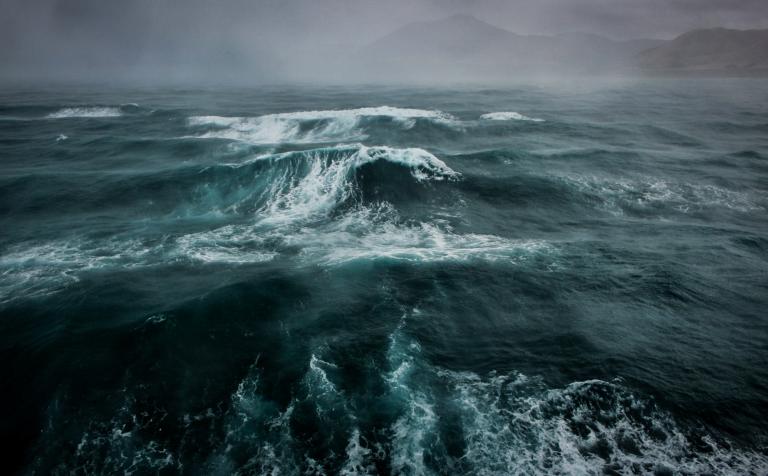Observing the ocean

Despite many advances, much of the ocean remains understudied.
Because the ocean is a global commons, strong international coordination is needed to ensure regular and sustained observation. To monitor the present state of the ocean, and track how the ocean is warming and changing, WMO co-sponsors the Global Ocean Observing System, along with the Intergovernmental Oceanographic Commission (IOC) of the United Nations Educational, Scientific and Cultural Organization (UNESCO), the United Nations Environment Programme (UNEP) and the International Science Council (ISC). This coordinated system encompasses networks of buoys, ships, and other observations.
Technological advances are revolutionizing our ability to systematically monitor the ocean and thus understand its role in weather and climate. The Argo array of more than 3 000 drifting floats is providing continuous data from the upper 2 000 m of the ocean; these data are then freely distributed. The WMO-IOC OceanOps in France leads the coordination of this global effort. WMO collaborates with the maritime industry to ensure continuous weather and ocean observations from Voluntary Observing Ships and ocean-based observing platforms. The WMO and IOC are also working together to support the Data Buoy Cooperation Panel with the network of data buoys integral to oceanographic and meteorological observations.
The Polar Prediction Project (PPP) is a 10-year (2013–2022) endeavour of the WMO World Weather Research Programme (WWRP) to promote cooperative international research enabling development of improved weather and environmental prediction services for the polar regions, on time scales from hours to seasonal. The WWRP is also conducting research for tropical meteorology, especially in understanding ocean dynamics in monsoons.
Despite many advances, much of the ocean remains understudied. More long-term, sustained observations are needed for gaining better understanding, prediction and services in support of natural and human-induced changes in the global environment.

